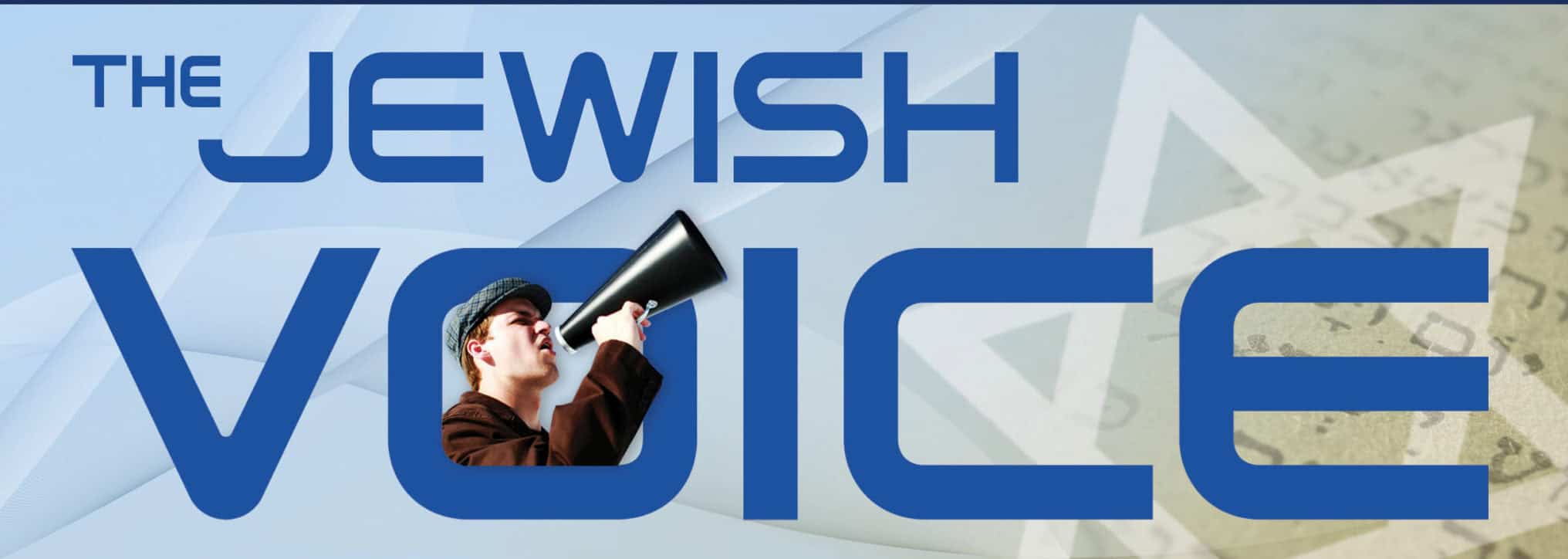
Don’t you just love being Jewish? Whether it is an interruption in your life or a daily fixture, being part of the Jewish religion, culture, race, ethnicity, and heritage is just an absolute thrill.
This sounds antithetical to the well-known Jewish trait of kvetching — complaining about everything — yet in the most recent study of happiness by religion conducted by the Pew Research Center, it was revealed that Jews are the happiest people in America!
What is so thrilling?
Some of the most basic needs of living a fulfilling and enjoyable life are covered in Judaism. This includes a sense of belonging, a rich heritage, multiple family events, and a history of not only survival against all odds, but growth. We have amazing contributions in the fields of academics, medicine, science, communication, entertainment, environment, agriculture, math, comedy, human relations, social justice and reform, and a host of others.
Sure, we are burdened with so many laws of eating, praying, resting, attire, procedures, rituals, and holidays that are not understood and can wear a person down to a point of abandonment.
It has been shown that the key to secular success is based on self-discipline, the resistance of temptation, structure, time management, the establishment of priorities, integrity, education, creativity, and life balance of work, family, and play.
Miraculously, all these are built into our Jewish DNA. For those who follow, meeting with 10 other Jews three times a day for prayer provides a great lesson in time management and social skills. The lifestyle decision to following the Jewish dietary laws does a superb job in self-discipline and the resistance of temptation. The weekly Torah lesson from a rabbi on Shabbat is not only focused on ancient commentators and texts, but reveals how we can use these in our daily lives. The establishment of priorities is easily recognizable when we choose to observe certain holidays and are still able to excel in our contributions to the world.
The study of Talmud is perhaps the best example of creativity, as we discuss how one line or perhaps even one word or letter creates a whole new opportunity for discussion, exploration, conclusion, and a creative approach to problem solving.
The book of Proverbs as well as the Mishna Torah written by Maimonides — the basis for today’s so-called modern theories of motivation — are extensions of practices Jews have known for years and have contributed to our survival and growth.
The Friday night Shabbat dinner, where people actually talk to each other because cellphones are forbidden, creates a family dynamic and bond. Each week couples exchange words of love and appreciation and then recognize the achievements of their children through their blessings.
The celebration of Passover tells the story of our freedom and heritage — as compared to the American holiday of July Fourth, when you have a festive meal but rarely show appreciation, knowledge, or discussion of how we got to be free in the first place.
On Sukkot we not only recognize how we lived during our 40-year travels through the desert, but if done properly we recognize how an unbelievable number of people in this world would love to upgrade their living conditions to that of a sukkah.
What about the terror of spending so much time in the synagogue during the High Holy Days? Just like the new television season, a new car, the start of the new year in classrooms, it gives us a sense of renewal, our own personal review, an opportunity to relieve ourselves of guilt by asking those around us for forgiveness, in a heightened sense of gratitude not only for the life we’ve lived but for the one we’re able to shape in the coming year.
It is interesting to note that the United States recently placed 24th on the list of happy countries in the world, while Israel — with all its turmoil and trouble — is number 8!
And of course we have the Torah. If one believes the Torah is entirely God’s thoughts, one can suggest that it contains two of the following five themes: the history of the creation of the world and its population and how to get along with God; for those who believe it was written by humans or a combination, it contains how to get along with ourselves, others, and planet earth.
The Torah is a manual of maintenance and growth and long life, just like a car manual and all its maintenance requirements. For those who follow the owner’s manual, they simply tend to get more out of life with fewer problems.
Ask most 12 or 13 year olds how much they are looking forward to their bar mitzvah, and they will finally stop texting and give you every reason why this is a major burden in their life. Yet, at a very young age, they learn public speaking skills, time management, and how to balance all their other requirements and still achieve this major accomplishment. When it’s over they get congratulations from at times up to 300 people, most of them of whom they never met before, which gives them a fantastic sense of acceptance. They experience a superb sense of accomplishment and achievement, which heightens their self-esteem and self-confidence.
I will never forget what occurred many years ago in a seventh grade Hebrew school class I was teaching. One of the students who was about to complete her bat mitzvah approached me and said she was seriously thinking about stopping her Jewish education and asked what advice I you give her.
I simply stated that it is her prerogative, but I explained what she would be missing and how she would be able to use that knowledge not only in her teenage life but also further out in her adult life. I added that the only person she can rely on for success is herself.
She listened intently and made the decision to continue with her education in Hebrew high school.
And I might add, she was thrilled to be Jewish!
Andy Greenberg is a 25-year Conservative Jewish educator of grades 3-12 and a lecturer for adults of all ages.






